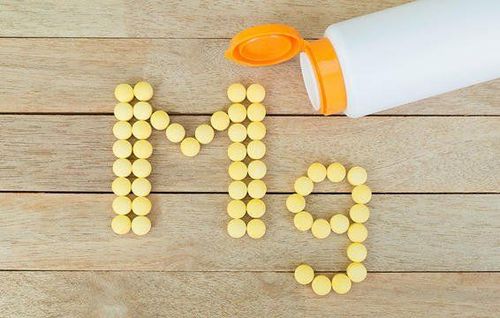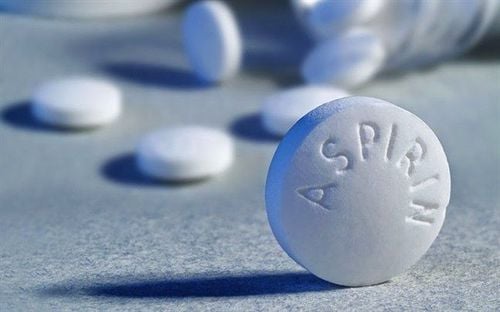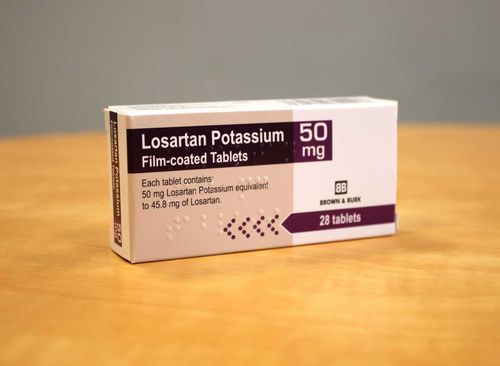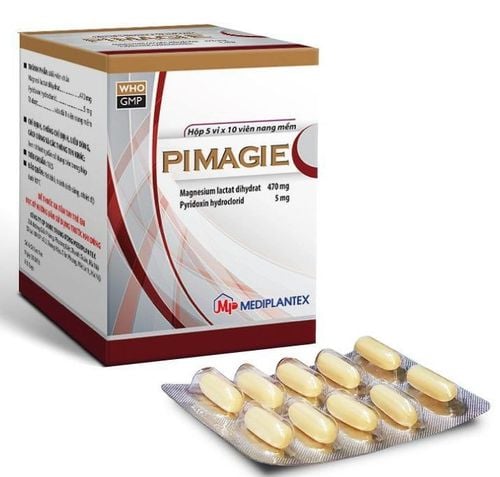This is an automatically translated article.
Magnesium is an extremely important mineral, involved in hundreds of chemical reactions in the human body and helps maintain good health. However, many people do not provide enough magnesium each day for the body. You can easily get your daily magnesium requirement by eating magnesium-rich foods.
1. Dark Chocolate
Dark chocolate is both healthy and delicious with 64 mg of magnesium in a 28-gram serving. Dark chocolate is also high in iron, copper and manganese and contains prebiotic fiber that feeds your healthy gut bacteria.
Furthermore, dark chocolate contains many beneficial antioxidants. These are nutrients that neutralize free radicals - harmful molecules that can damage your cells and lead to disease.
Dark chocolate is especially beneficial for heart health, as it contains flavanols, which are powerful antioxidant compounds that help prevent bad LDL cholesterol from oxidizing and sticking to the cells lining the arteries. yours. To get the most out of dark chocolate, choose a product that contains at least 70% cocoa solids.
2. Butter
Avocado is an extremely nutritious and magnesium-rich fruit. One medium avocado provides 58 mg of magnesium. Avocados are also high in potassium, B vitamins, and vitamins, and unlike most fruits, they're high in fat — especially heart-healthy monounsaturated fat.
Also, avocado is a great source of fiber. In fact, 13 of the 17 grams of carbs in an avocado come from fiber, making it very low in digestible carbs. Studies have shown that eating avocados can reduce inflammation, improve cholesterol levels, and increase feelings of fullness after a meal. You can process avocados in many ways such as: eating directly, mashing avocados and mixing with yogurt, adding avocados to sandwiches, salads.
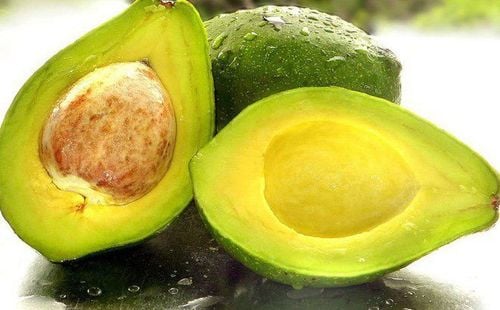
Bơ là một loại trái cây vô cùng bổ dưỡng và giàu magie
3. Nuts
Nuts are incredibly nutritious and delicious. Nuts that are particularly high in magnesium include almonds, cashews and Brazil nuts, pumpkin seeds, pecans, sunflower seeds, peanuts and flaxseeds. For example, a 28-gram cashew nut contains 82 mg of magnesium.
Most nuts are also a good source of fiber and monounsaturated fats and have been shown to improve blood sugar and cholesterol levels in people with diabetes. Additionally, nuts are anti-inflammatory, beneficial for heart health, and can reduce appetite when eaten as snacks. You can sprinkle them on salads to get heart-healthy fats, fiber, and antioxidants.
4. Legumes
Legumes are a family of nutritious plants that include lentils, beans, chickpeas, peas, and soybeans. They are rich in various nutrients, including magnesium. For example, one cup of cooked black beans contains 120 mg of magnesium. Legumes are also high in potassium and iron and are a major source of protein for vegetarians.
Because legumes are rich in fiber and have a low glycemic index (GI), they can lower cholesterol, improve blood sugar control, and reduce your risk of heart disease. A fermented soy product called Natto is considered an excellent source of vitamin K2, which is important for bone health.
5. Tofu
Tofu is a staple food in vegetarian diets due to its high protein content. Tofu is made by pressing soybean milk into a soft white curd, it is also known as curd. A 100-gram serving of tofu contains 53 mg of magnesium and 10 grams of protein. In addition, some studies show that eating tofu may protect the cells lining your arteries and reduce your risk of stomach cancer. .
includes flaxseeds, pumpkin and chia seeds - high in magnesium.
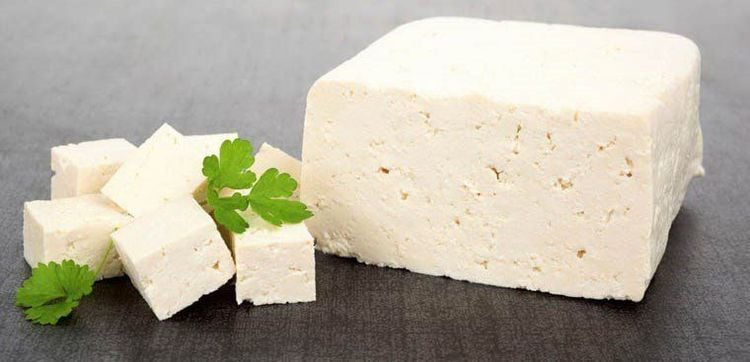
Một khẩu phần 100 gram đậu phụ chứa 53 mg magiê và 10 gram protein
6. Whole grains
Whole grains are excellent sources of many nutrients, including magnesium such as wheat, oats and barley. Many whole grains are also high in B vitamins, selenium, manganese, and fiber. In controlled studies, whole grains have been shown to reduce inflammation and reduce the risk of heart disease.
7. Some fatty fish
Fish, especially fatty fish, are very nutritious and rich in magnesium such as salmon, mackerel and halibut. Specifically: Half a fillet (178 grams) of salmon contains 53 mg of magnesium and provides 39 grams of protein. In addition, fish is rich in potassium, selenium, B vitamins and other nutrients.
A large amount of fish fat has been shown to reduce the risk of several chronic diseases, especially heart disease. These benefits are attributed to fish that are high in omega-3 fatty acids.
8. Bananas
Banana is one of the most popular fruits in the world. Bananas are famous for their high potassium content, which can lower blood pressure and reduce the risk of heart disease, in particular, bananas are rich in magnesium
In addition, bananas provide vitamin C, vitamin B6, manganese and fiber. Ripe bananas are higher in sugar and carbs than most other fruits, so they may not be suitable for people with diabetes. However, a large portion of the carbs in unripe bananas are resistant starch, which is not digested and absorbed. Resistant starch can lower blood sugar, reduce inflammation, and improve gut health.
9. Green leafy vegetables
Green leafy vegetables like kale, spinach, collard greens, turnip greens and mustard greens are extremely healthy and contain a lot of magnesium. In addition, green leafy vegetables are an excellent source of several nutrients, including iron, manganese and vitamins A, C and K.
Green leafy vegetables also contain many beneficial plant compounds, which help protect the liver. your cells from damage and may reduce your risk of cancer.
Magnesium is an important mineral for the body and we can completely supplement the amount of magnesium needed by the body with delicious natural foods and easy to buy.
Please dial HOTLINE for more information or register for an appointment HERE. Download MyVinmec app to make appointments faster and to manage your bookings easily.
Articles refer to sources: healthline.com, webmd.com



